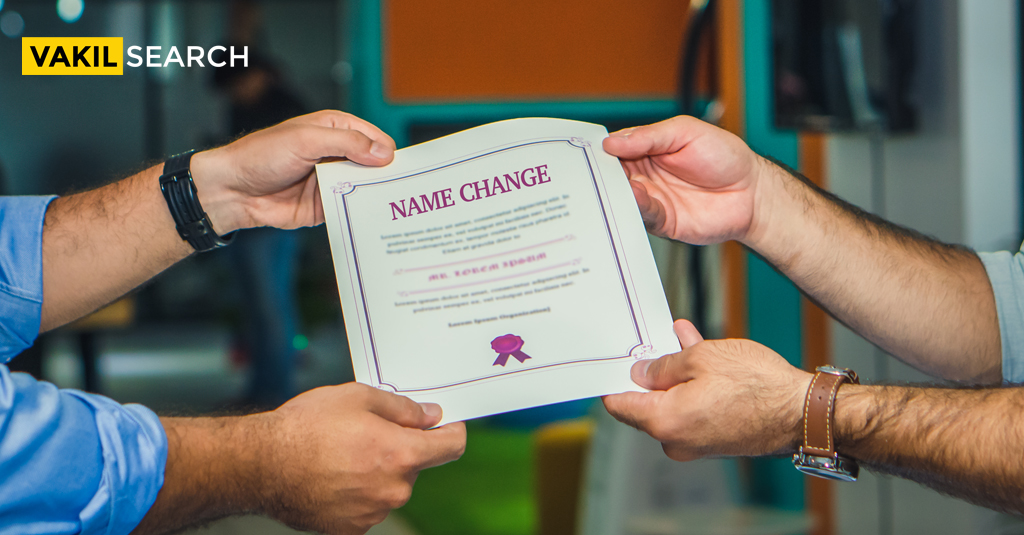Direct deposit is a fully automated transaction processing mechanism. When a direct deposit is received, the payer sends an electronic payment to the payee, which is automatically deposited into his or her bank account. In this article we shall know a little about the technicalities involving direct deposits.
For the money to transfer, there is no need for a physical check or for either party to go to the bank. Direct deposit payment has become increasingly popular in recent years as it is automatic, it is more convenient for Employees, who can count on their paycheck arriving on payday without having to do anything, and more cost-effective for employers.
Who Offers Direct Deposits?
Payroll is frequently linked to direct deposit. After all, transitioning to an all-electronic system saves both money and time for businesses, so that’s where most individuals receive direct deposit offers initially. You can, however, get direct deposit payments from sources other than your job.
The government, in particular, favours direct deposit versus paper checks for paying citizens. Direct deposit or a prepaid debit card have been used to collect security benefits. Similarly, rather than waiting for a physical check to arrive, you can elect to have your tax refund automatically transferred into your bank account.
Many private businesses, independent vendors, utilities, leasing agents, charities, and other organizations also accept direct deposit as payers and payees. By using direct deposit, you may be able to eliminate practically all paper checks from your financial life.
Click here for Name Change Application
How Direct Deposit Works
Receiving money via direct deposit is a safe and simple option. Through an electronic network, funds are directly put into the recipient’s account. The recipient must give the person or business making the deposit the name of their bank, their account number, and the routing number of their bank in order for the money to be transferred from the payer. They might also give you a void check with the same information on it.
Direct deposit can take a few days to set up. The depositor then enters the information into their banking system. The funds are electronically transmitted and put into the recipient’s account at 12 a.m. on the payment date. There is no need for the bank to place a hold on the monies because they clear automatically through the ACH.
Employee salaries, tax refunds, investment redemptions, payments from retirement accounts, and government benefits are all regularly sent via this way. Direct deposit from debtors to creditors is also used to pay bills. Taxpayers, for example, can choose to get their refunds in the form of a personal cheque or a direct deposit. The majority of refunds are provided within a few weeks of the taxpayer filing their annual income tax return. Direct deposit enables the government to make the refund available to the citizen right away. The same can be said about government assistance.
While the majority of direct deposits are made through bank accounts and automated clearing houses, these payments can also be made using online banking and smartphone transfers. If someone wishes to send money to a family member, for example, all they need is the person’s email address and/or mobile phone number. The recipient provides their banking information to the transfer company. It deposits the money into the payee’s account once it has been sent. The money is accessible for use right away, just like it is in other direct deposit circumstances.
Will Changing Name Affect Direct Deposits?
Because your bank account: https://www.rbi.org.in/ is a one-of-a-kind combination of numbers, your bank has a specific code known as the routing number. The bank routing number and your bank account number are the two most important pieces of information you’ll need to start a direct deposit.
Unless the account number and routing number change, a change in your name will not affect your direct deposit. Most banks are quite understanding of the situation and will assist you in navigating the paperwork with ease.
Although the first action you should take after changing your name is to notify the appropriate officials in order to keep your deposits hassle-free.
Get in touch with the experts at Vakilsearch to do it right!
Also, Read:









